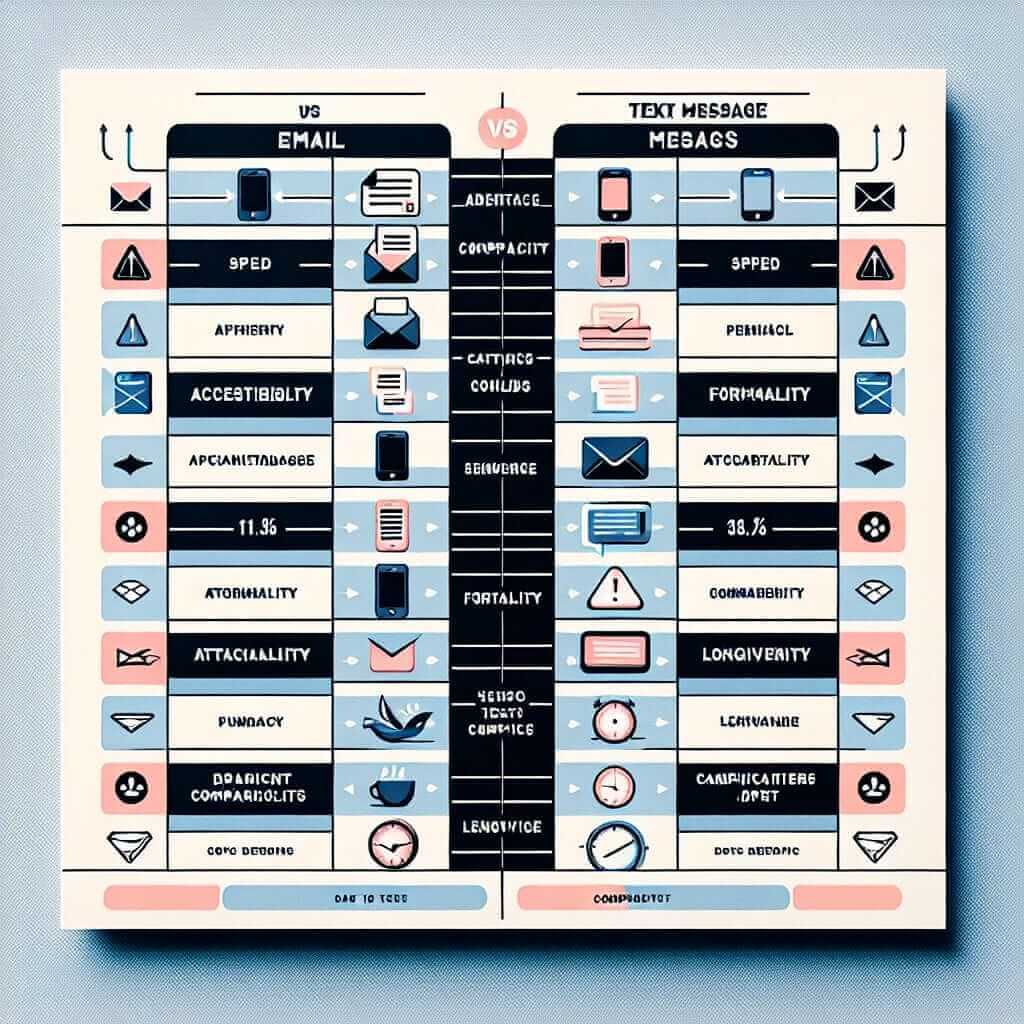As an IELTS instructor with over 20 years of experience, I often get asked about specific questions that might appear in the IELTS Speaking test. One such question is “Do you prefer to receive email or text message?”. While seemingly simple, this question can trip up even the most prepared candidates if they haven’t considered how to answer it effectively.
This article delves into why this question appears in the IELTS Speaking test, provides you with vocabulary and structures to effectively express your preference, and gives you example answers to help you confidently tackle this question.
Why This Question Matters in IELTS Speaking
The IELTS Speaking test evaluates your ability to communicate effectively in English. While your opinion on emails versus text messages isn’t the main focus, the question tests several key skills:
- Fluency and Coherence: Can you speak smoothly, naturally, and connect your ideas logically?
- Lexical Resource: Do you possess a wide range of vocabulary to express yourself accurately and avoid repetition?
- Grammatical Range and Accuracy: Can you use various grammatical structures correctly and confidently?
- Pronunciation: Can the examiner understand you easily?

How to Discuss Your Email or Text Message Preference
Here’s the key: it doesn’t matter whether you prefer email or text messages. What matters is how you explain and justify your preference.
Useful Vocabulary
- Formal Communication: Email, professional correspondence, written communication.
- Informal Communication: Text messaging, texting, SMS, instant messaging.
- Advantages: Convenient, efficient, quick, instant, reliable, accessible, organized, permanent record.
- Disadvantages: Time-consuming, formal, impersonal, can be overwhelming, requires internet access, potential for miscommunication.
- Expressing Preference: I prefer…, I tend to use…, I find… more useful/convenient, I’m more accustomed to… .
Structuring Your Response
- State your preference clearly:
- “I definitely prefer text messages over emails.”
- “I’m more of an email person, to be honest.”
- Explain why:
- “Text messages are just so much quicker and more convenient for staying in touch with friends and family.”
- “I like the formality of email, especially for work-related matters. It feels more professional and organized.”
- Provide an example:
- “For instance, if I need to quickly confirm a meeting time with a colleague, I’ll send a text message.”
- “When I’m applying for a job, I always make sure to send a formal email with my resume and cover letter attached.”
- Consider contrasting the two:
- “While I do use email for work, I find text messages more practical for everyday communication.”
- “Email can be a bit slow, especially if you need a quick response. That’s where text messaging really shines.”
Example Answers
Candidate 1: Prefers Text Messages
“I much prefer text messages. They’re just so instant and easy to use. For example, if I need to let my friends know I’m running late, I can shoot them a quick text. Plus, everyone’s always got their phone on them, so I know they’ll see it right away.”
Candidate 2: Prefers Emails
“To be honest, I’m more of an email person. I like that it provides a written record of my communication, especially for work. It feels more professional than sending a text message. While I do use text messaging for quick updates with friends and family, when it comes to important matters, I always opt for email.”
Top Tips
- Practice speaking about your preference beforehand. This will help you feel more confident and fluent during the actual test.
- Don’t memorize answers. The examiner will easily spot a rehearsed response.
- Use a variety of vocabulary and grammar structures. This showcases your language skills.
- Be natural and engaging. Relax and speak as you would in a normal conversation.
Remember, the IELTS Speaking test is about demonstrating your ability to communicate effectively in English. By following these tips and preparing thoroughly, you can confidently express your preference for email or text messages and achieve your desired band score.